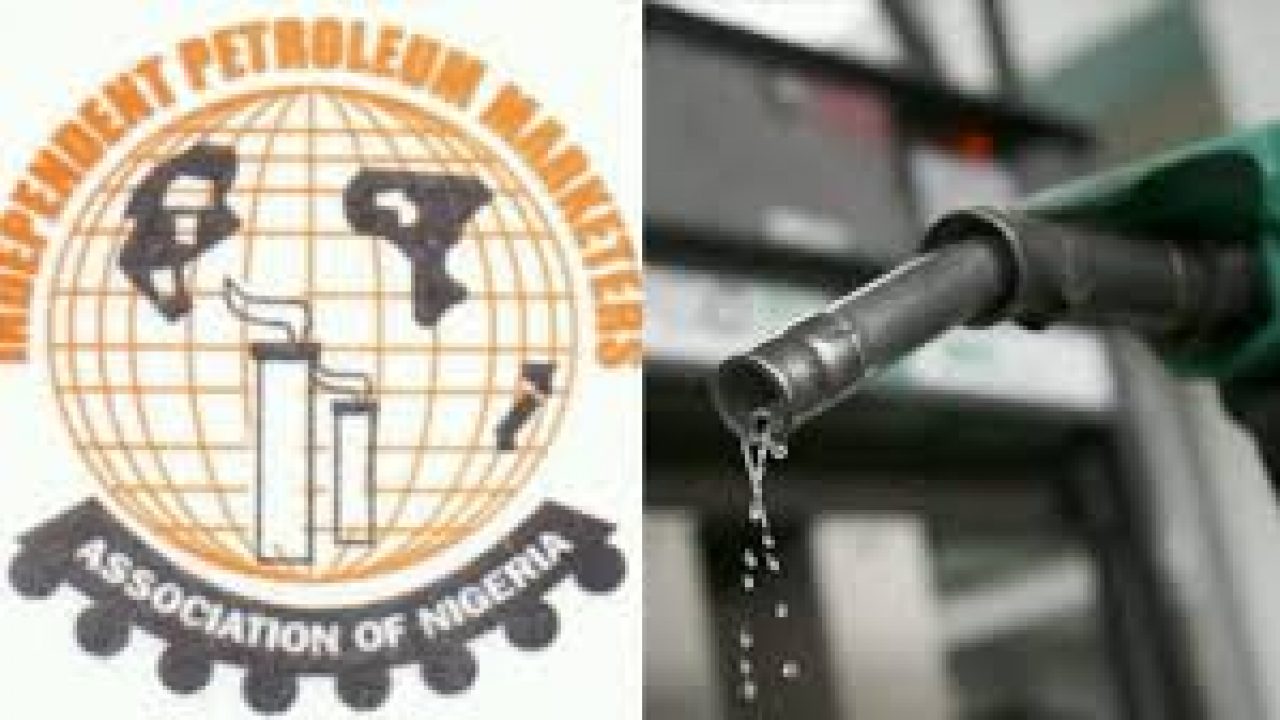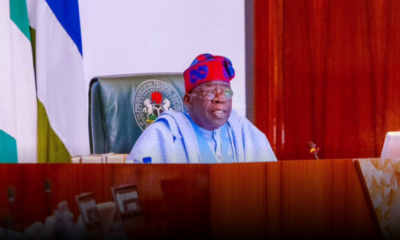The Independent Petroleum Marketers Association of Nigeria (IPMAN) has issued a threat to halt operations across the nation due to the escalating cost of Premium Motor Spirit, commonly referred to as petrol, which is being sold to its members by the Nigerian National Petroleum Company Limited (NNPCL).
On Thursday, IPMAN disclosed that “the cost of petrol from the Dangote Petroleum Refinery to NNPC was about N898/litre,” but noted that NNPC was selling the same product to independent marketers at “N1,010/litre in Lagos.”
Controlling over 70 per cent of filling stations across the country, the association expressed strong opposition and threatened to suspend services. IPMAN also demanded a refund from NNPC for payments made by its members for earlier petrol supplies. This situation has the potential to exacerbate the fuel scarcity and long queues already present in various regions of Nigeria.
On Thursday, it was also learned that members of the Major Energies Marketers Association of Nigeria (MEMAN) were still loading subsidised petrol from Dangote refinery, based on prior arrangements with NNPC.
During a discussion with one of the correspondents, IPMAN’s National Publicity Secretary, Chinedu Ukadike, said the association may be compelled to take action if the ongoing dispute with NNPC is not promptly resolved.
The IPMAN national president, Abubakar Maigandi, previously revealed that NNPC was asking independent marketers to purchase petroleum products from its depot at “N1,010/litre in Lagos State.”
Speaking in a live television interview on Thursday, Maigandi argued that this price exceeded what NNPC paid for the product from the Dangote refinery.
He further mentioned that funds belonging to independent marketers had been held by the national oil company for approximately three months.
According to him, “NNPC purchased the product from the refinery at N898/litre but is asking marketers to buy it at N1,010/litre in Lagos; N1,045 in Calabar; N1,050 in Port Harcourt; and N1,040 in Warri.”
Maigandi emphasized that IPMAN’s funds held by NNPC have accumulated to “N15bn,” and marketers are eager to fully engage in the petrol business and its components following the sector’s deregulation.
He added, “Marketers want to be fully engaged in the business of petrol and its components. NNPC has been the one bringing in the product and loading and has an off-take in the Dangote refinery.
“We are now being allowed to import, and there is no challenge on that issue. What we are after is to get the product directly from Dangote and not through NNPC. Currently, they owe us up to N15bn.”
On Wednesday, NNPC’s retail stations increased the petrol price to “N1,030 from N897/litre in Abuja,” and “N998/litre from N868/litre in Lagos.” Other regions experienced similar hikes, sparking widespread anger among Nigerians.
This second price hike in a month represents an increase of about “14.8 per cent or N133.” The Nigeria Labour Congress and the Organised Private Sector have called for an immediate reversal of the price hikes.
As of now, the price of petrol has surged by over “430 per cent” in the 17 months since the current administration took office on May 29.
When asked if NNPC had reached out to resolve the issue with independent marketers, Ukadike stated that no contact had been made by the oil company.
“There have been no changes or feedback at all. NNPC hasn’t responded to us. They haven’t returned our money. We are still observing what the situation would turn to since they haven’t reached out to us, or probably we would have to withdraw our services if the issue is not resolved.”
Efforts to arrange direct loading from Dangote are ongoing, with a meeting expected to take place soon. Ukadike also mentioned that marketers would sell petrol at a lower rate of “N970/litre” if they could purchase products directly from Dangote.
“Any moment from now, Dangote will invite us, from the fillers we have received,” Ukadike said. “If we start buying from Dangote at its current price, we will sell at N970, lower than the price of NNPC. Dangote sold to NNPCL at N898/litre. But they are asking us to buy from them at their pump price, can you imagine this kind of slavery? We continue to talk about price disparity every day and it’s there for all Nigerians to see.”
Phone calls and messages to NNPC officials to respond to IPMAN’s concerns were not returned at the time of filing this report. Likewise, officials from Dangote refinery did not reply to enquiries regarding IPMAN’s allegations.
Meanwhile, MEMAN stated that it is not being owed by NNPC, attributing this to its integrated storage systems, which shield it from abrupt price shifts in the market.
MEMAN’s Executive Secretary, Clement Isong, explained during a phone conversation, “We have storage tanks, unlike other oil marketers that only have trucks to transport directly to their filling stations. MEMAN is integrated. We have storage tanks, trucks and we have filling stations. So, we have products that we have bought into our storage tanks, which is a big difference from people who buy and take them straight to the station.”
Isong added that MEMAN’s existing relationship with NNPC allows them to adapt when prices fluctuate. He also noted, “Everybody will charge its price according to its business strategy to optimise costs.”
A major oil marketer revealed that MEMAN members are still loading subsidised petrol from Dangote refinery based on prior arrangements with NNPC, though this stock will likely be exhausted within the next two weeks. Thereafter, MEMAN will begin purchasing directly from Dangote refinery.
As the new pricing regime takes hold, one major dealer noted, “I believe the price of PMS has finally been deregulated, and subsidy has finally been eliminated. Henceforth, the price of PMS will be determined by market dynamics.”
The dealer further explained that the government’s decision to sell crude oil to local refineries in naira at a fixed exchange rate will protect consumers from exchange rate fluctuations and reduce the costs of transporting crude to offshore refineries.
“The era of full competition has come to Nigeria. With time, things will settle down, and people will make informed choices. The government should invest in mass transportation, especially with CNG buses.”
Meanwhile, data from MEMAN indicates that the landing cost of petrol has dropped to “N975.89/litre,” while the landing costs of diesel and aviation fuel are “N1,076.35/litre” and “N1,111.97/litre,” respectively.
In Abuja, filling stations have been selling petrol at rates ranging from “N1,025 to N1,120,” depending on location.
NNPC’s recent decision to terminate its exclusive purchase agreement with Dangote refinery has raised concerns about the impact on Nigeria’s economy, with experts warning of a rise in unemployment and a growing strain on businesses.
Dr. Onuche Unekwu, an Associate Professor at the University of Africa in Bayelsa State, said, “As prices rise, demand will fall, leading to increased unemployment rates. This is a concerning cycle that can ensnare many households.”
Victor Agi, an expert at the Centre for Fiscal Transparency and Public Integrity, warned that inflation would spike and small businesses would struggle to cope, stating, “If there’s an increase in transportation and raw material costs, it will affect their businesses. If they lack sufficient funds, they may not be able to continue operations.”
He also suggested that businesses explore alternative energy sources like solar and CNG, although these options may not be affordable for many small enterprises.
Agi further added, “The government should seek alternative energy sources, such as CNG, which is cheaper and abundant. However, it must address the costs associated with transitioning to CNG facilities for average Nigerians.”
Credit: The Punch

 BIG STORY3 days ago
BIG STORY3 days ago
 BIG STORY5 days ago
BIG STORY5 days ago
 BIG STORY4 days ago
BIG STORY4 days ago
 BIG STORY5 days ago
BIG STORY5 days ago
 BIG STORY21 hours ago
BIG STORY21 hours ago
 BIG STORY4 days ago
BIG STORY4 days ago
 BIG STORY2 days ago
BIG STORY2 days ago
 BIG STORY3 days ago
BIG STORY3 days ago






















